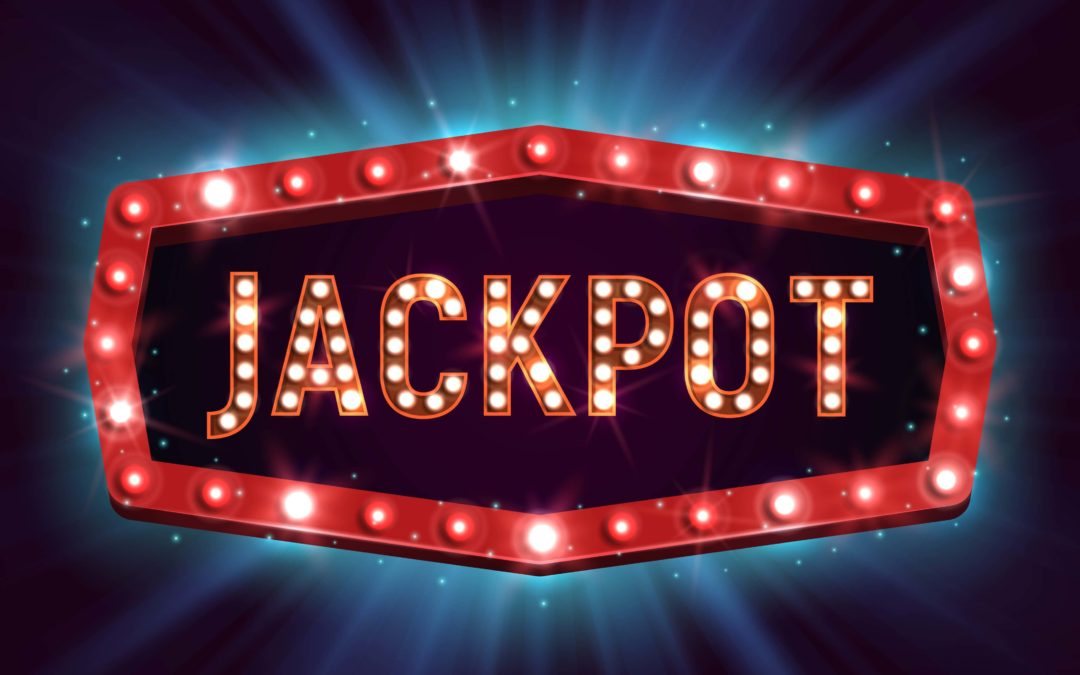As the saying goes, “The house always wins.”
Imagine if you could trade like a casino. What if you could be the house? Well, this theory is entirely how options trading is based.
An options buyer has the potential to make unlimited gains, just like if you were to hit the jackpot. But it’s not the slot machine players who are building billion-dollar empires, it’s the casinos.
Why is that? Because the casinos set the rules and know the statistical outcomes long before you ever step onto the gambling room floor.
You too can structure your trading portfolio in this way.
By selling out of the money options, you’re essentially selling lottery tickets to anyone looking to buy for the chance to win big. You don’t have to own the option first in order to sell it.
You’re just taking the risk for the opportunity to keep the credit taken in on the trade. Essentially, you’re collecting the bets placed by the options buyers. An options seller has potentially unlimited losses, just like the casino does, but the smart options seller knows how to put the odds in their favor.
When you sell options, you set the stakes. You can determine when you sell the option and when to walk away from the trade.
The best options setups are in a high implied volatility environment. High implied volatility means the options prices are higher than they normally are and you can actually get farther away from the current price of the stock and collect as much or more premium on the sale.
In a low implied volatility environment, a 25 delta put has a 75 percent probability of profit to the options seller. The put may sell for only 50 cents and be only 5 strikes from the current price.
In a high implied volatility environment, a 25 delta put still has the same probability of profit to the seller, but might be 10 strikes away from the current price and be worth 75 cents.
Just like a casino, you’re setting the stakes for when you want to make the trade to be the most in your favor. The latter of these two options is farther away from the current price and has a higher premium, making it more advantageous to the seller.
Now you have to limit your losses. A casino has table limits and they know just how big the jackpot will be.
Just like a losing trade, the amount of bets taken in will be paid out to the occasional winners. But the losses on a short options trade can go on indefinitely unless a stop is put in place.
By buying a farther out-of-the-money option than was sold, you’re still taking in a credit. You’re still trading like a casino, but now you’ve put a limit on how much the buyer can win from you. You’ve set the jackpot and you’ve set your table limit — now it’s time for the probabilities to play out.
Unlike a casino though, you have much more choice on when you play.
They’re open all day and all night to anyone who walks in. Your portfolio is your hard earned money, and should only be risked when you feel that the reward justifies the position, when the chips are stacked in your favor.
By closing trades at 50 percent of max profit, you can increase your win rates and overall profits versus holding until expiration.
In trading, the house may not always win like the casino, but given enough occurrences, you can expect to come out ahead on the lottery tickets you’ve sold in your portfolio.
Christopher M. Uhl, CMA, MOSM
10minutestocktrader.com
Email: chris@10minutestocktrader.com
Twitter: @10minutetrading
Instagram: @10minutetrading



